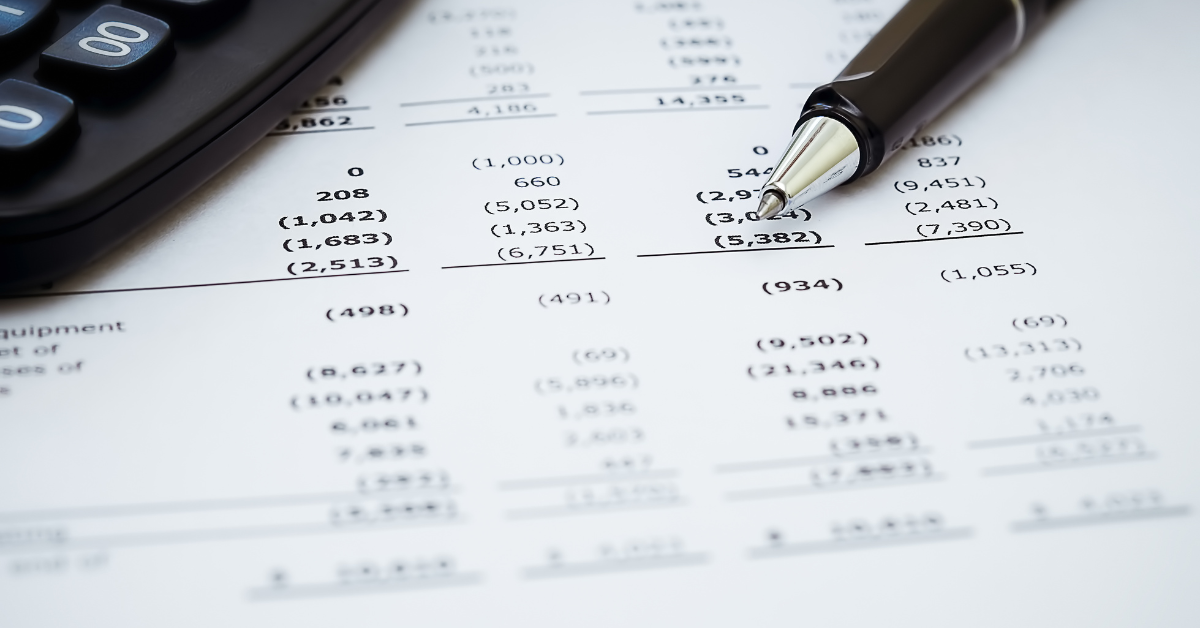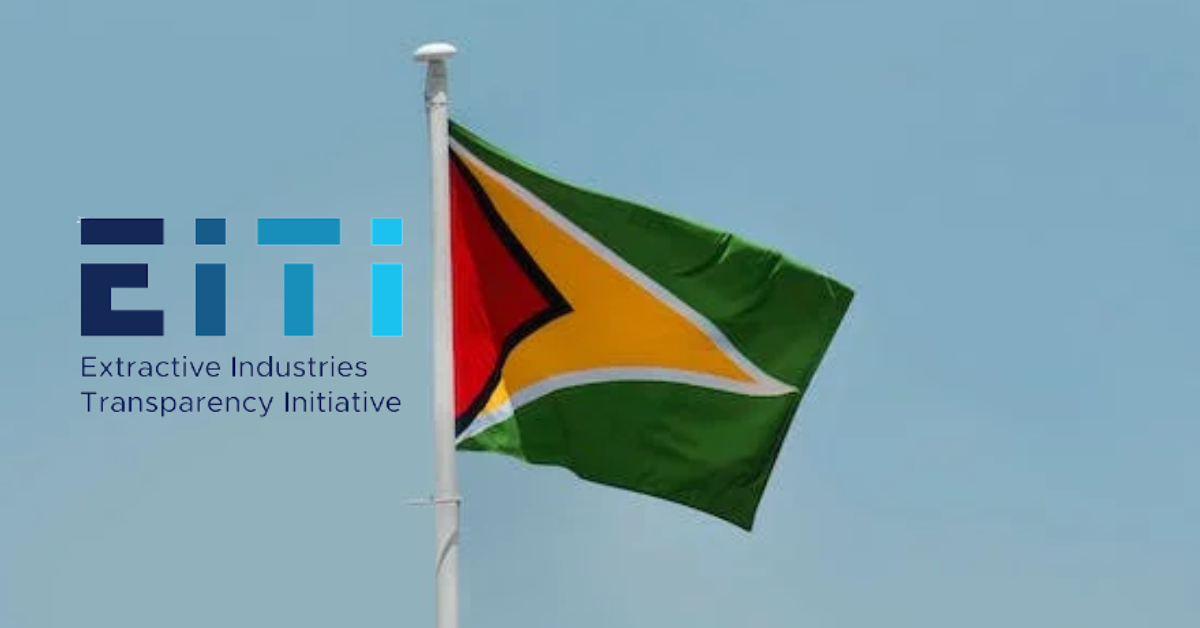On Thursday June 22, 2018, the Wall Street Journal published an article titled “Eureka! Giant Oil Find Set to Bring Guyana Startling Riches—Maybe”.
The Wall Street Journal is among the top business newspapers in the world. It is widely read by many investors and business people such as Warren Buffett and Bill Gates. Thus, it is encouraging that Guyana is being highlighted to international investors who may be willing to use their own money to develop the country’s infrastructure and provide needed services given the anticipated wealth of the country.
In that article, Raphael Trotman is quoted as saying, “Each Guyanese is going to be a U.S.-dollar millionaire, or worth that, in a few years”. But the math behind this claim doesn’t compute. Currently, the estimated oil reserves are 3.2 billion barrels (this does not include the eighth well discovery, which is still under evaluation).
OPEC recently showed it is unwilling to have oil prices rise above US$80 a barrel, by increasing production, thus we can reasonably assume a maximum price of oil to be US$80. This would mean that the reserves are valued at US$256 billion. But Guyana will receive significantly less than half of that amount given the 50/50 profit sharing agreement with the oil companies. Based on its current reserves, let’s say in an optimistic scenario it receives US$100 billion. If we divide that by 770,000 citizens that work out to US$130,000 per person not a million.
In that same article, Exxon is quoted as saying that Guyana is estimated to earn US$1.6 billion in the first five years after production starts in 2020. Thus in 7 years, the average Guyanese share would be US$2,078 not a million. But a few can be any number, does the Minister mean in 50 years each Guyanese would be a U.S. dollar millionaire?
Maybe, but the world is on a path to reduce carbon dioxide emissions. If electric cars gain traction and solar panels keep increasing in popularity, then in 50 years the world’s use of oil may be significantly reduced.
Our visibility on the world stage may be for a limited time frame thus we should take care to improve our reputation as a place to invest. We should not make high school math mistakes on the world stage. World-class investors will think twice about investing in a country when the claims of the country’s wealth by the government are overblown.
Darshanand Khusial










